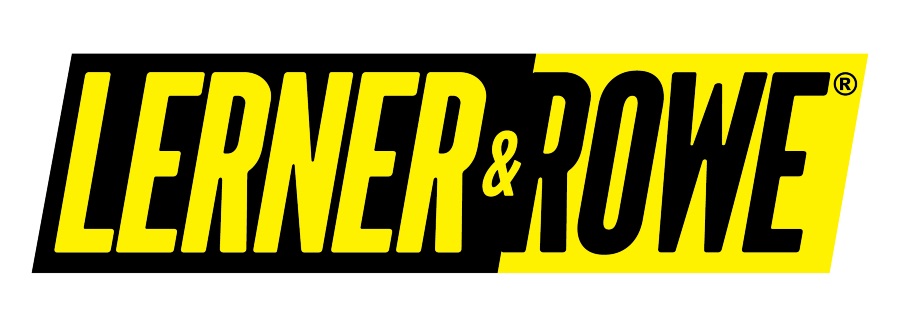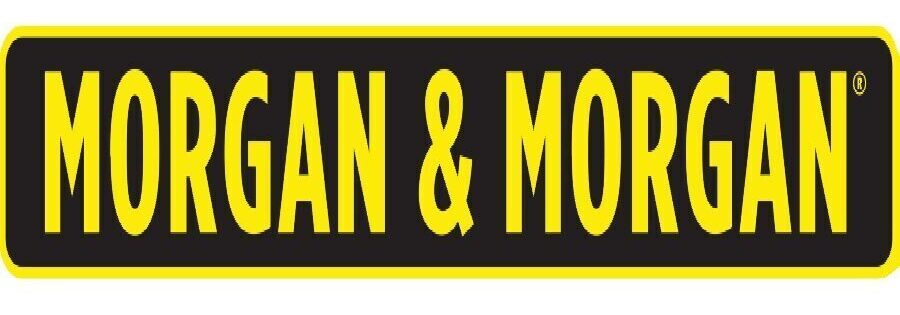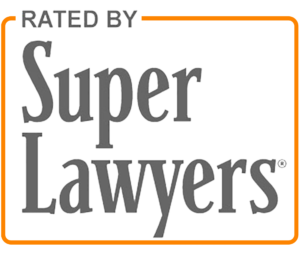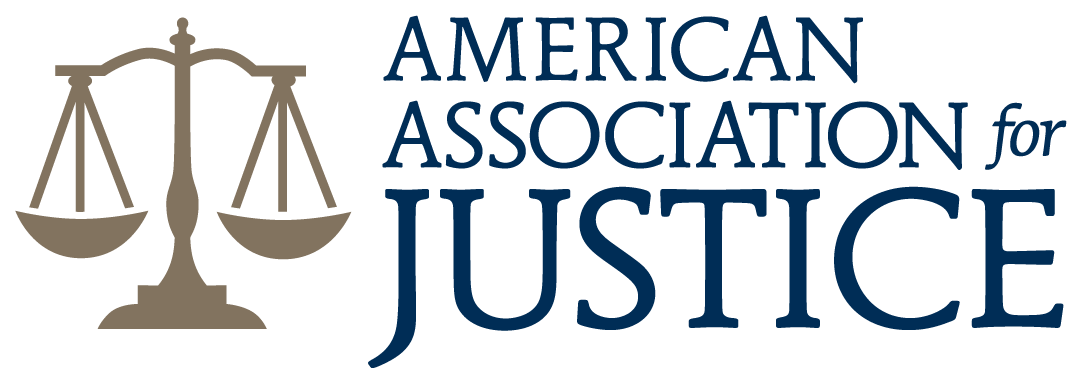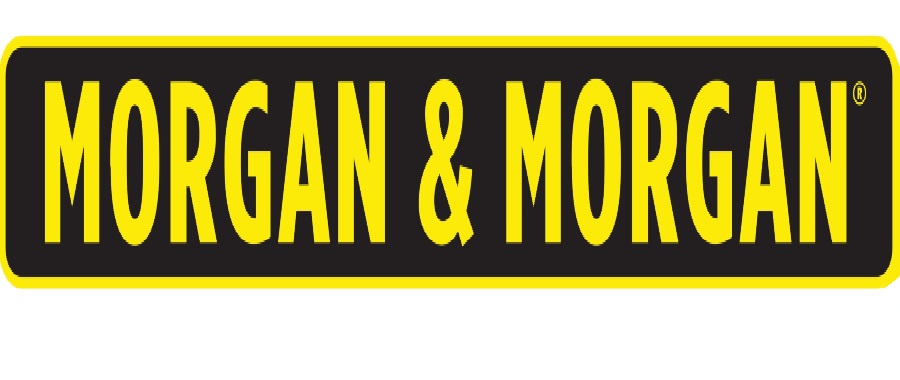Questions & Answers About Chicago Accident & Injury Claims
How do I know if I have a valid personal injury claim?
Negligence: You need to prove that another party was negligent, meaning they failed to act with reasonable care, resulting in your injury. This could be a distracted driver in a car accident, a property owner who didn’t fix a hazardous condition, or a doctor who made a medical error.
Causation: There must be a direct link between the negligent party’s actions and your injuries. You need to show that the injury would not have occurred if not for the other party’s negligence.
Damages: You must have suffered actual damages from the incident, such as medical bills, lost wages, pain and suffering, or other financial losses.
Duty of Care: Establish that the party at fault owed you a duty of care. For instance, drivers have a duty to operate their vehicles safely, and doctors have a duty to provide competent medical care.
Breach of Duty: Prove that the at-fault party breached their duty of care, leading to your injury. This could involve showing that a driver was speeding, a property owner neglected necessary repairs, or a medical professional provided substandard care.
Statute of Limitations: Ensure that you are within the legal timeframe to file a claim. In Illinois, the statute of limitations for most personal injury cases is two years from the date of the injury. However, there are exceptions, such as cases involving government entities, which may have shorter deadlines.
Mitigation of Damages: Show that you have made reasonable efforts to minimize your losses after the injury, such as seeking timely medical treatment and following doctor’s orders.
Additionally, the type of accident will factor into whether you have a claim as well - types of claims involve car and auto accidents, medical malpractice, truck accidents, commercial vehicle accidents, dog bites, worker's compensation injuries, pedestrian accidents, and wrongful death and fatal accidents. It is highly recommended to consult with a top Chicago personal injury attorney to evaluate the specifics of your case. An experienced accident lawyer can provide guidance, help gather necessary evidence, and advise you on the best course of action.
How much are accident cases generally worth in Illinois?
Medical Expenses: Compensation for past, present, and future medical costs related to your injury. This includes hospital stays, doctor’s visits, medications, physical therapy, and any other medical treatments.
Lost Wages: If your injury has resulted in time away from work, you can seek compensation for lost wages. If your ability to work in the future is affected, you might also be eligible for loss of earning capacity.
Pain and Suffering: Compensation for physical pain and mental anguish that you have suffered as a result of the injury.
Emotional Distress: This covers psychological impacts such as anxiety, depression, or post-traumatic stress disorder resulting from the incident.
Loss of Enjoyment of Life: If your injury prevents you from enjoying hobbies, recreational activities, or other pleasures of life, you may be compensated for this loss.
Disfigurement or Permanent Disability: Compensation for any lasting physical changes or disabilities caused by the accident.
Property Damage: If any of your property was damaged as a result of the accident (such as a car in an auto accident), you can seek compensation for repairs or replacement.
Wrongful Death Claims: If a loved one was killed due to someone else’s negligence, surviving family members might be eligible for compensation for medical expenses, funeral costs, loss of companionship, and other damages.
Punitive Damages: In cases where the at-fault party’s actions were particularly reckless or egregious, you might be awarded punitive damages, which are intended to punish the wrongdoer and deter similar behavior in the future.
Out-of-Pocket Expenses: Settlement claim compensation for any other expenses you incurred as a result of the injury, such as travel costs for medical appointments or purchasing assistive devices.
It’s crucial to work with a skilled Chicago personal injury attorney who can evaluate the specifics of your case, help document and calculate your losses, and advocate for the full and fair compensation you deserve.
What is the statute of limitations for accidents in Illinois, and why is it important?
Why is it Important?
Preserves Evidence: The statute of limitations helps ensure that cases are brought to court while evidence is still fresh, witnesses' memories are intact, and documents are still available. This aids in a fair and just resolution of the case.
Promotes Efficiency: By encouraging timely filing of claims, statutes of limitations help keep the legal system efficient and prevent courts from becoming overburdened with old cases.
Protects Defendants: It protects the rights of potential defendants by preventing them from facing the threat of litigation indefinitely. Over time, it becomes increasingly difficult to defend against old claims.
Encourages Diligence: The statute of limitations encourages individuals to be diligent about their rights and to seek legal redress promptly when they believe they have a claim.
In the context of personal injury law in Illinois:
General Rule: The general statute of limitations for personal injury cases is two years from the date of the injury.
Exceptions: There are exceptions to this rule. For instance, if the injured party did not discover and could not reasonably have discovered the injury right away, the clock may start running at the date of discovery instead.
Government Claims: Claims against government entities may have shorter deadlines. For example, claims against the City of Chicago must be filed within one year of the incident.
Minors and Disabled Individuals: There are also special rules for minors and individuals with disabilities that can extend the filing deadline.
Conclusion
Understanding and adhering to the statute of limitations is crucial in a personal injury case. Failing to file a lawsuit within the required time frame can result in losing the right to seek compensation for your injuries after an accident, regardless of the merits of your case. It is highly advisable to consult with a top Chicago accident attorney as soon as possible after an injury to ensure that your legal rights are protected.
Do I need an attorney to handle my personal injury settlement in Chicago?
Expertise in Legal Procedures:
* Understanding of the Law: Personal injury laws can be complex. An accident lawyer has the necessary legal knowledge and experience to navigate these laws and regulations.
* Case Preparation: Building a strong case requires gathering evidence, interviewing witnesses, and collecting medical records. An attorney knows what is needed and how to obtain it.
* Handling Paperwork: Legal cases involve a lot of paperwork with strict deadlines. A law firm can ensure that all necessary documents are filed correctly and on time.
* Negotiation Skills and Dealing with Insurance Companies: Insurance companies aim to minimize payouts. An experienced attorney knows how to negotiate with them to maximize your compensation.
* Determining the Value of Your Claim: It can be challenging to calculate the true value of your claim, considering medical expenses, lost wages, and pain and suffering. An accident lawyer can help ensure that all potential damages are accounted for.
* Advocacy in Court: If a fair settlement cannot be reached and your case goes to trial, an attorney will represent and advocate for you in court.
* Legal Strategy: An experienced personal injury law firm can develop a strong legal strategy tailored to the specifics of your case.
* No Upfront Costs Contingency Fee Basis: All of the personal injury law firms listed on this page work on a contingency fee basis, meaning they only get paid if you win your case.
* Peace of Mind and Stress Reduction: Handling a legal case can be stressful, especially when recovering from an injury. An attorney can take on the legal burden, allowing you to focus on recovery.
* Professional Advice: A personal injury lawyer can provide valuable advice throughout the process, helping you make informed decisions.
* Better Outcomes and Increased Compensation: Statistics show that individuals who hire an accident lawyer typically receive higher settlements than those who represent themselves.
While you are not required to have a Chicago personal injury attorney, having one can provide numerous advantages, potentially leading to quicker and more substantial compensation. It ensures that you have an experienced advocate on your side, knowledgeable about the law, and dedicated to protecting your rights and interests.
What types of cases do the personal injury law firms listed on this page handle?
Motor Vehicle Accidents: This includes automobile and car accidents, commercial vehicle accidents, rideshare accidents including Uber and Lyft, truck accidents, motorcycle accidents, pedestrian accidents, fatal and catastrophic injuries and wrongful deaths.
Slip and Fall: Also known as premises liability cases, these involve injuries that occur due to unsafe conditions on someone's property.
Product Liability: These cases involve injuries caused by defective or dangerous products. Manufacturers, distributors, or retailers can be held responsible.
Workplace Injuries: If you were injured at work, you may be eligible for workers' compensation insurance.
Dog Bites and Animal Attacks: Owners can be held responsible if their animals cause harm to others.
Wrongful Death: Claims made by family members when a loved one is in a fatal accident due to the negligence or misconduct of another.
Medical Malpractice: Cases involving harm caused by medical negligence.
Birth Injuries: Injuries to a baby or mother during childbirth due to medical negligence.
Pedestrian Accidents: When someone walking gets injured by a vehicle or due to property hazards.
Recreational Accidents: Injuries sustained during recreational activities, such as boating, biking, or using playground equipment.
These are just some of the more common types of personal injury cases. The underlying principle in all these cases is that someone was harmed due to the negligence or intentional act of another, and they may be entitled to compensation for their injuries.
What Should I Do If I've Been Involved in an Accident in Chicago?
What Types of Personal Injury Cases are Handled by the Law Firms in Chicago Listed on This Page?
How Can a Chicago Personal Injury Attorney Assist in Cases of Shared Fault?
Why is it Beneficial to Choose a Local Chicago Personal Injury Lawyer?
What should I do if I get hurt on the job?
What is Workers' Compensation?
Elite reviews
Editorially researched Highlights pros & cons
-
Ankin Law
Read review -
Lerner & Rowe
Read review -
Morgan & Morgan
Read review

